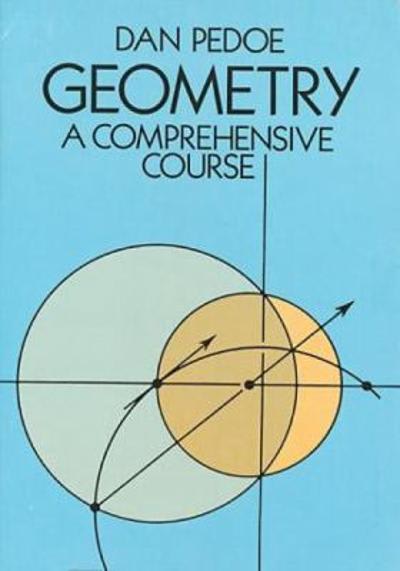Question
Suspects of a Crime Three people were caught by the police as suspects for a crime. These three people were found at a park during
Suspects of a Crime
Three people were caught by the police as suspects for a crime. These three people were found at a park during late night, a few minutes after a crime was committed. There is a fixed probability q that person i observe the criminal j committing the crime. However, if person i knows person j is the criminal, person i has absolutely no idea whether person k observed the crime as well. Moreover, there is no doubt that the criminal is one and only one of those three people. The police has no evidence to incriminate any of them, but the police also knows that maybe one or two of the suspects knows who the criminal is. The initial probability that each player i is the criminal is 1/3.
The three suspects were locked in a common room during the night. They are shocked for the event, and don't want to talk too much. They are willing to send minimal messages to the group as a whole. There will be two instances of communication. First, inside the cell, players can publicly accuse each other; and second, the next morning, players can accuse each other in front of the police in private rooms.
For the first communication stage, each player can simultaneously accuse one of the players or can simply say nothing. For example, player 1 can accuse player 2, player 3 or say nothing n. Then based on those accusations, and the equilibrium strategies, the public believes of the criminal will change from (1/3, 1/3, 1/3) to some values (p1, p2, p3).
On the second stage of communication, based on the messages sent and the calculated new probabilities, the three players can give a final vote to the police, and abstention is allowed. For example, player 1 can vote that player 2 is the criminal, player 3 is the criminal, or can abstain n. Since the police has no evidence, they will convict based on those three votes (and randomize in case of ties).
Let us assume that the two innocent players have a strong sense of utilitarian morality and are not selfish. Thus, their payoff equals 1 if the true criminal is convicted and zero if an innocent is convicted. On the other hand, the criminal is selfish, with payoffs equal to 1 if another person is convicted and zero otherwise.
Find one (Bayesian) Nash Equilibrium. Recommended steps:
Assume that players send the first message using mixed strategies, calculate (p1, p2, p3) based on the observed signals. Keep in mind that having observed the crime with probability q, a player i can behave differently had he not observed it (with probability 1 - q).
Can we rule out certain signals from any equilibrium? (will player i accuse himself? what about null messages n?)
Assume that players vote using mixed strategies, calculate the outcomes of a 3-votes majority rule and calculate its probabilities (which depend only on the observed votes, not on the mixed strategies).
Compute the expected payoffs (should be numbers between 0 and 1).
Can we rule out certain voting behavior from any equilibrium? (will an innocent player i vote against himself? will a criminal player i vote against himself? what about abstentions n? are voting strategies dependent on the event of having observed the crime with probability q?)
Can you find one equilibrium?
Step by Step Solution
There are 3 Steps involved in it
Step: 1

Get Instant Access to Expert-Tailored Solutions
See step-by-step solutions with expert insights and AI powered tools for academic success
Step: 2

Step: 3

Ace Your Homework with AI
Get the answers you need in no time with our AI-driven, step-by-step assistance
Get Started


